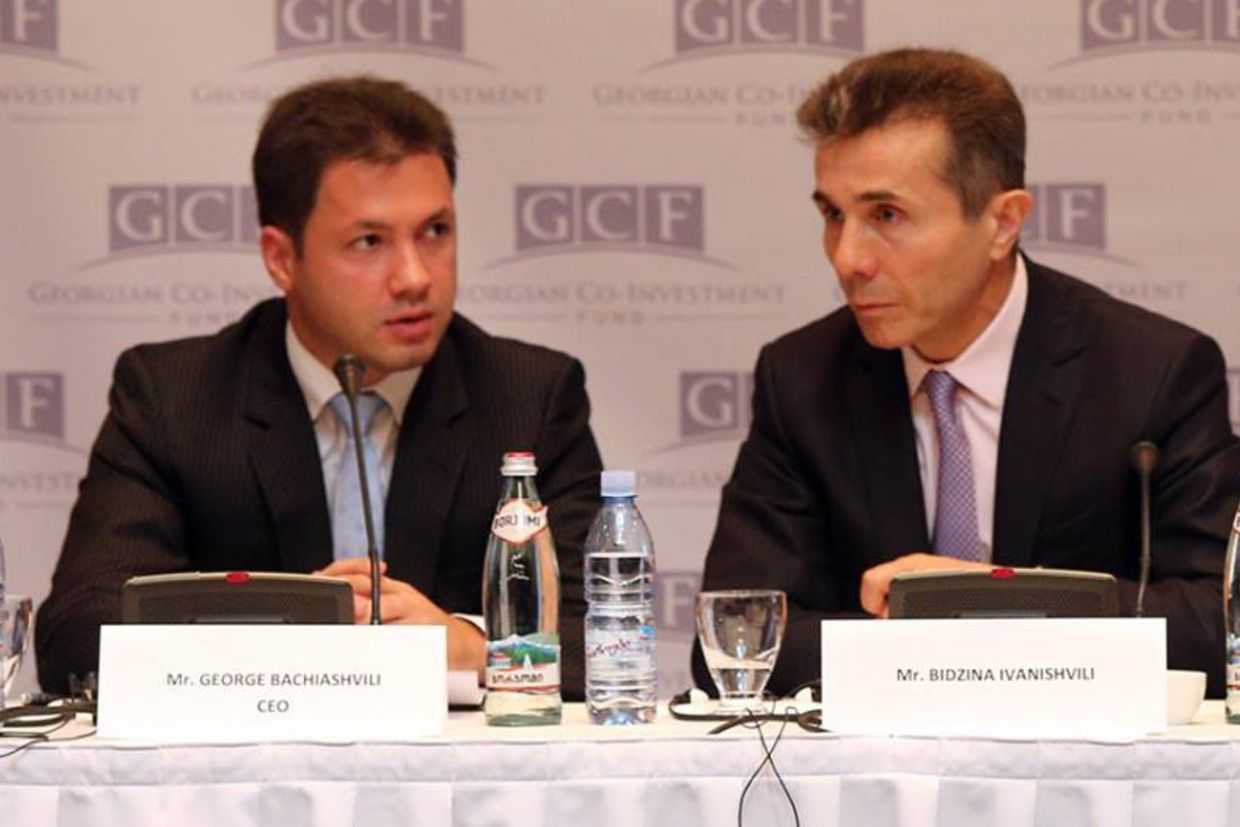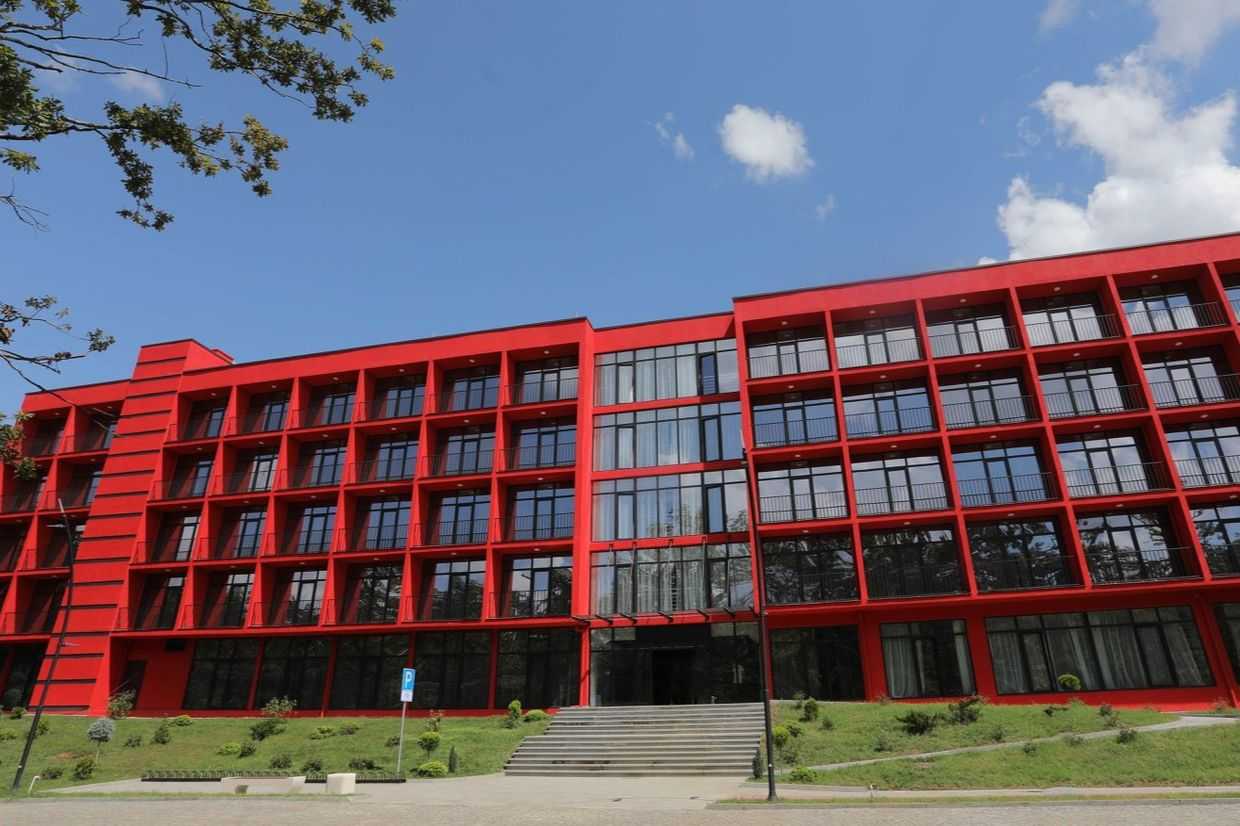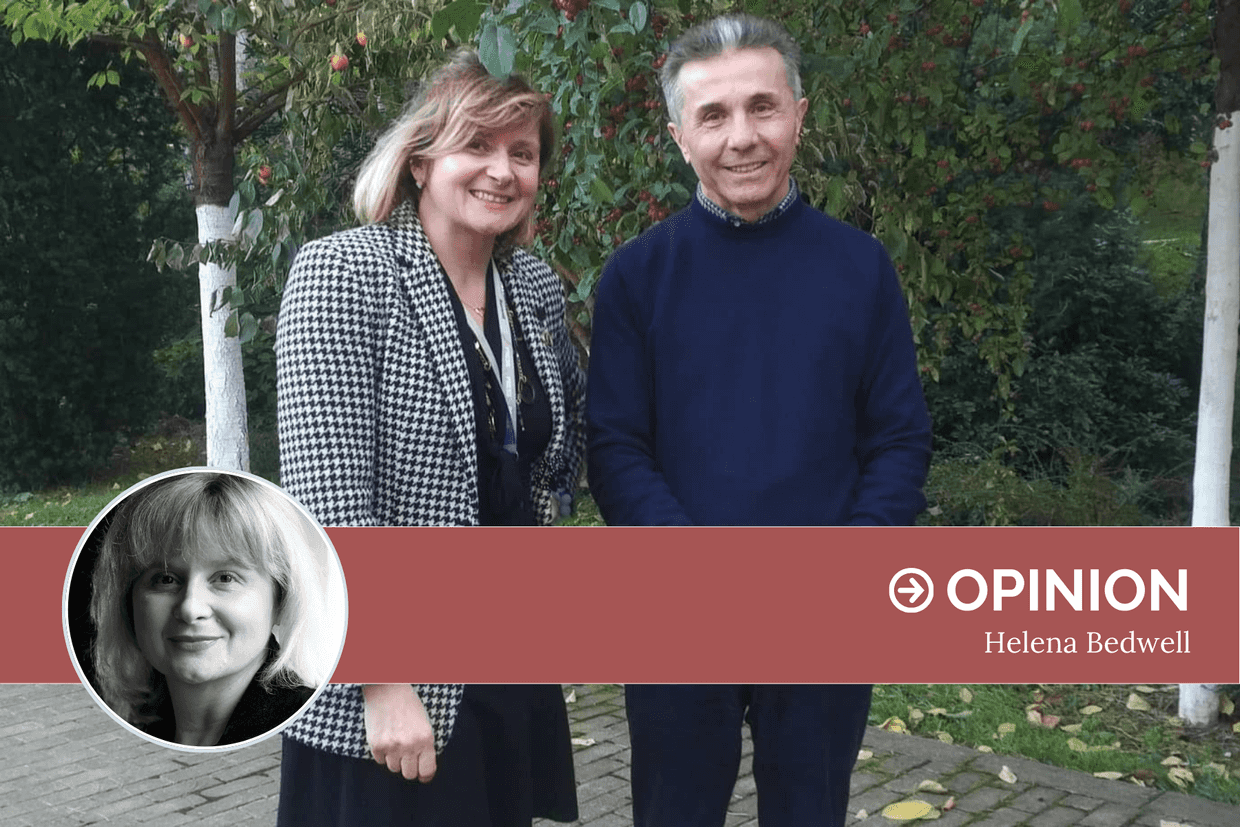
The US has sanctioned the billionaire founder and honorary chair of Georgian Dream, Bidzina Ivanishvili, for ‘undermining the democratic and Euro-Atlantic future of Georgia for the benefit of the Russian Federation’.
The sanctions were announced Friday evening, with US Secretary of State Antony Blinken stating that the US had designated Ivanishvili pursuant to Executive Order 14024 for his and his party’s actions.
The Executive Order, published in April 2021, establishes ‘a new national emergency under which sanctions may be imposed against individuals and entities furthering specified harmful foreign activities of the Russian Federation’.
‘Ivanishvili and Georgian Dream’s actions have eroded democratic institutions, enabled human rights abuses, and curbed the exercise of fundamental freedoms in Georgia. Furthermore, they have derailed Georgia’s Euro-Atlantic future, a future the Georgian people overwhelmingly desire and the Georgian constitution mandates’, read Blinken’s statement.
‘The result has left Georgia vulnerable to Russia, which continues to occupy more than 20 percent of Georgia’s territory’.
Blinken went on to strongly condemn Georgian Dream’s actions under Ivanishvili’s leadership, ‘including its ongoing and violent repression of Georgian citizens, protestors, members of the media, human rights activists, and opposition figures.
He further emphasised that the US is ‘committed to promoting accountability for those undermining democracy and human rights in Georgia.’
The sanctions against Ivanishvili freeze his US assets, if any, and prohibits US citizens and entities from conducting business with him without specific authorisation from the US Treasury Department’s Office of Foreign Assets Control (OFAC).
The OFAC also issued a general license allowing US persons to engage in all transactions with any entity in which Ivanishvili owns a 50% or more share — provided that the entity is not on the Specially Designated Nationals and Blocked Persons list.
‘However, US persons are still prohibited from transacting with Ivanishvili himself unless exempt or otherwise authorised by [the] OFAC’, they said.
The Treasury Department has also barred Ivanishvili from receiving $461 million in damages from the UBS Group AG, a multinational investment bank and financial services company, over a long-running legal battle with Credit Suisse — a bank the UBS acquired in March 2023.
In 2018, former Credit Suisse banker Patrice Lescaudron was convicted of fraudulently taking money from several high-profile clients, including Ivanishvili.
On 7 May 2024, Bloomberg reported that Ivanishvili had launched a new lawsuit against the troubled bank for $220 million. According to the article, Ivanishvili has already been awarded $1.34 billion by courts in Bermuda and Singapore over the affair, although Credit Suisse had vowed to appeal these decisions.
‘Already de facto sanctioned’
Ivanishvili is the only billionaire in Georgia, with Bloomberg projecting that he could be worth upwards of $7.6 billion as of mid-December.
Shortly after the sanctions were announced, Georgian Prime Minister Irakli Kobakhidze claimed at the Georgian Football Federation Awards ceremony that ‘in reality, nothing has changed’.
‘You know that Mr Bidzina Ivanishvili was under de facto sanctions before too and he was blackmailed for almost three years with formal sanctions. Now the grounds for this blackmail have also been removed. I don't know what will save the opposition now’, he said, likely referring to the dispute with Credit Suisse.
‘In reality, nothing has changed. De facto sanctions were already in effect and these de facto sanctions, informal sanctions, were in effect because of one thing — this person [Ivanishvili] did not give up the national interest of this country.’
‘You know what the challenges of our country were in 2022, what they demanded from the team [the government], what they specifically demanded first of all from Mr Bidzina Ivanishvili, and precisely because he did not go against the fundamental interests, key interests of our country, that is why they first imposed de facto sanctions and now, in the end, they have made a decision [to impose formal ones] that has no substantive meaning.’
‘I recently had a conversation with Mr Bidzina Ivanishvili and his position is exactly the same. [There’s] nothing special [about these sanctions]. For three years, because Bidzina Ivanishvili served the interests of this country, he was under de facto sanctions, now this formal sanction will be imposed. Nothing special. This is actually a reward for protecting the national interests of our country.’
Read in Armenian on CivilNet.









